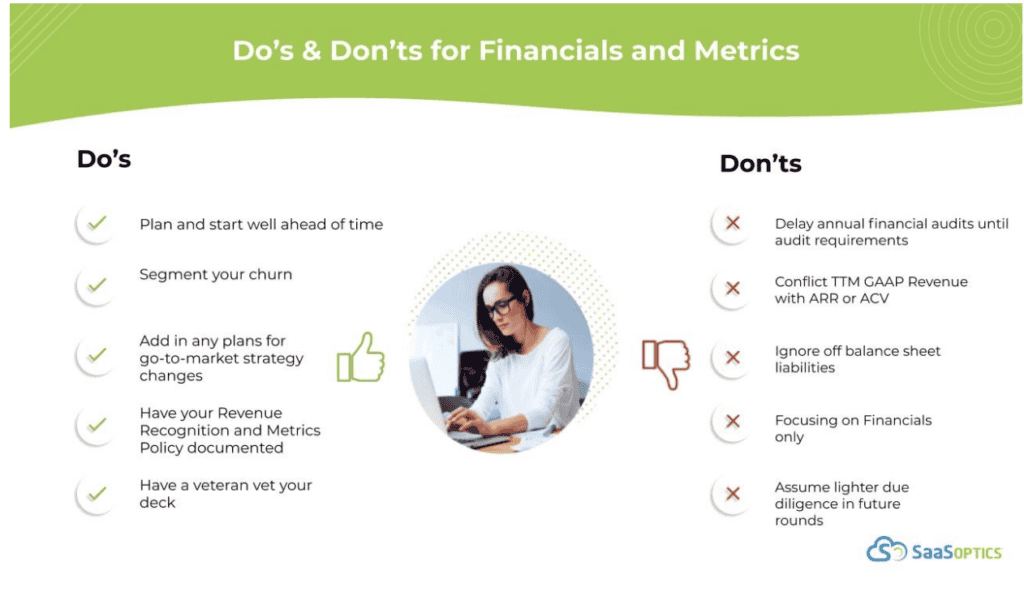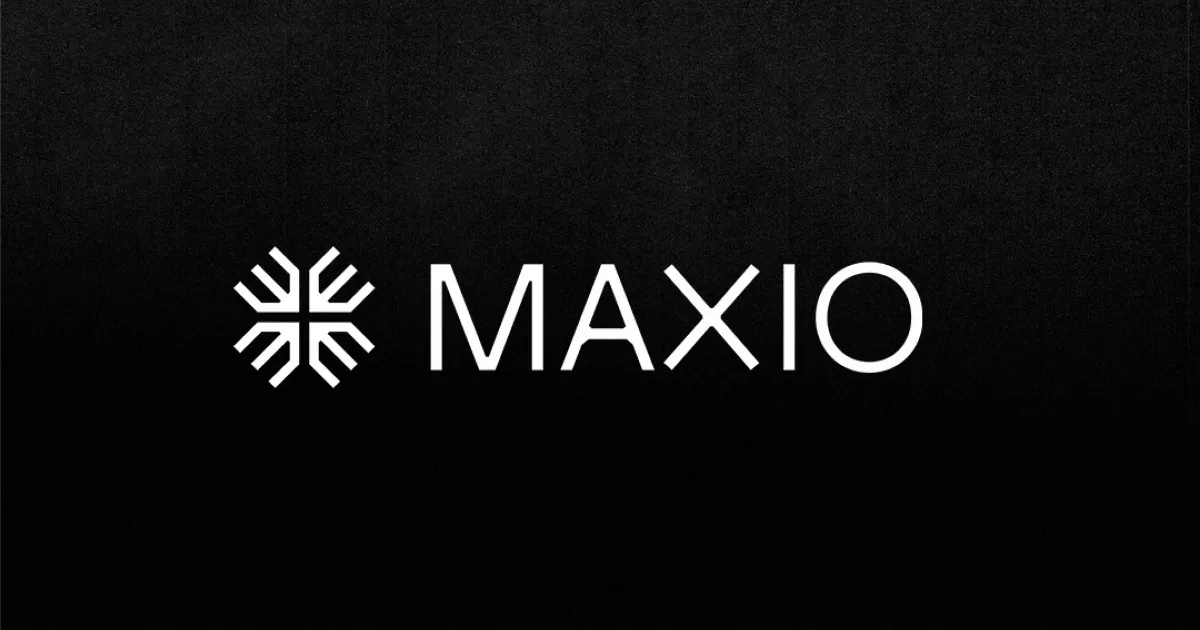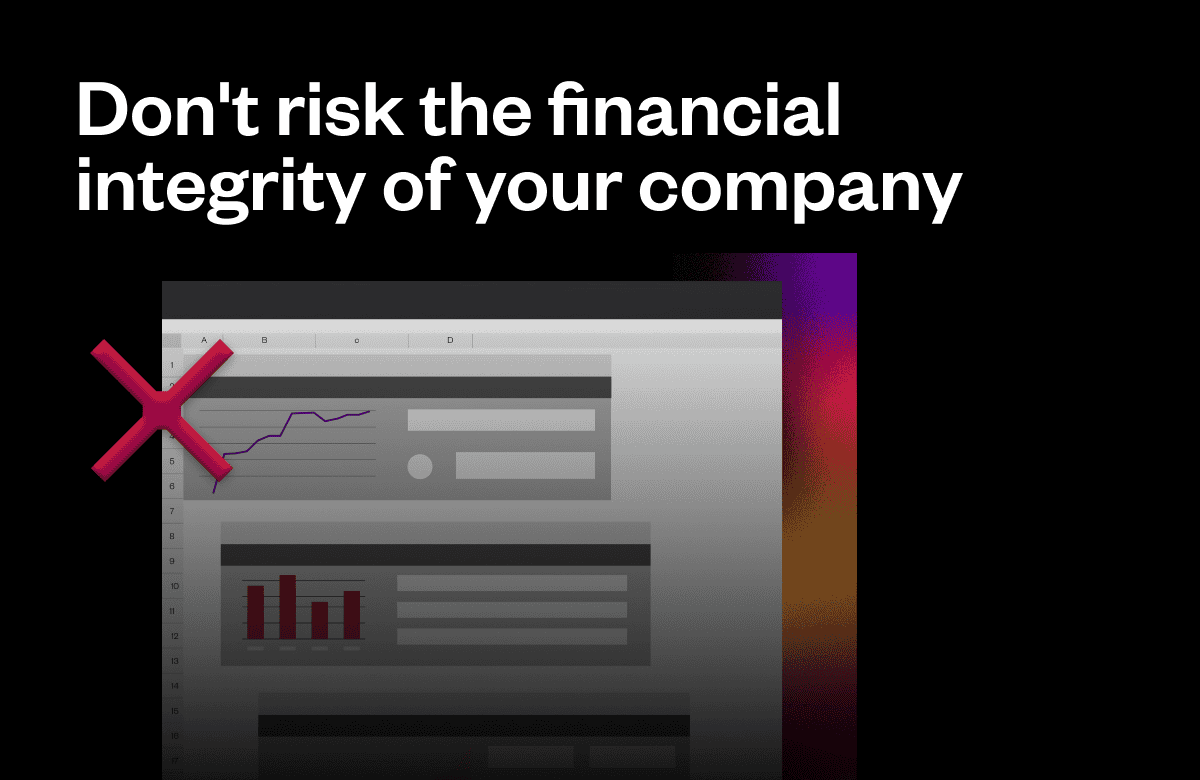SaaS due diligence: the process every finance department loves to hate. On the one hand, it’s a tedious undertaking. But on the other, nailing it means protecting your company’s valuation, and depending on your equity stake in the company, putting money directly in your pocket. Who doesn’t love that?
Due diligence for SaaS companies during a VC-led funding round typically includes five stages. We’ll outline these five stages in this post as well as spend some time talking about financial data and metrics, a crucial aspect of any due diligence process.
SaaS due diligence for a VC-led funding round includes five stages. There’s the initial diligence followed by a deep dive, in-person meetings to discuss initial deal terms, negotiations of the term sheet, and finally, legal and closing.
Initial due diligence
Initial due diligence typically consists of calls with the CEO and/or CFO and the potential investor. In these meetings, the investor pitch deck is shared and 2-3 members of the VC fund will discuss potential use of capital. An initial review of high level financials and metrics will typically occur as well.
Deep Dive
At this stage, senior management will be brought in to perform in-depth product demos. This is also the point where you’ll be taking a deep dive–hence the name–into your financial data and metrics. You’ll want to make sure you have accurate, buttoned-up data to support the story you’re telling about the company.
For a comprehensive list of common VC due diligence requests, check out this Chamber of Commerce article.
In-Person Meetings
You’ve told your story to investors, now it’s time for them to meet the team that’s keeping the flywheel moving. At this point, VC members will come onsite to meet the broader team. You’ll take a closer look into your actual financials, your model, and sales tax, as well.
Negotiations
Once you’ve taken a look at the numbers, it’s time to negotiate the term sheet where you’ll hammer out the main aspects of the deal. This includes the valuation, investor rights (seats on the Board), and general governance of the company post deal. These are the high level terms and they need to be fine tuned. You’ll also negotiate how long you have to finalize the details before entering into detailed and legally binding agreements.
Legal & Closing
You’re nearly at the finish line. All that’s left at this stage is to agree on the details in formal closing documents. Lawyers are involved in every step of this phase. You’ll need a full, third party verification of all financial and technical data. And finally, you’ll need to present your waterfall, cap table, and funds flow.
Financial Data & Metrics
While requirements vary from VC to VC, there are some common financial requests including:
- 2-3 years of audited GAAP/IFRS financial statements
- Most recent financials
- Current financial forecast & budget
- SaaS metrics
- Investment plan
In terms of SaaS metrics there’s three primary groupings of SaaS metrics you should consider having at the ready for due diligence. They are as follows:
Revenue Metrics
- MRR/ARR: New, Expanded, Lost, Contracted ARR
- Customer Counts
- Net Effective Retention Rate
- Renewal Rate
- ACV
Customer Metrics
- Bookings
- Net Growth Rate
- Renewals
- Expansion/Upsell/
- Downgrade
- CLV:CAC
- LTV
- Payback Period
- Churn (logo & revenue)
- Cohort/segmentation data
Sales & Marketing Metrics
- Funnel Metrics
For a comprehensive encyclopedia of SaaS metrics and their definitions for your next round of due diligence, check out SaaSpedia.
When it comes to preparing financial data and SaaS metrics for review, there are a few distinctive best practices to observe:

SaaS due diligence is scary, but it doesn’t have to be. With Maxio, you can access GAAP/IFRS financials and investor-grade SaaS metrics with just a few clicks. Don’t take a haircut on your valuation. Talk to someone on the Maxio team today.


